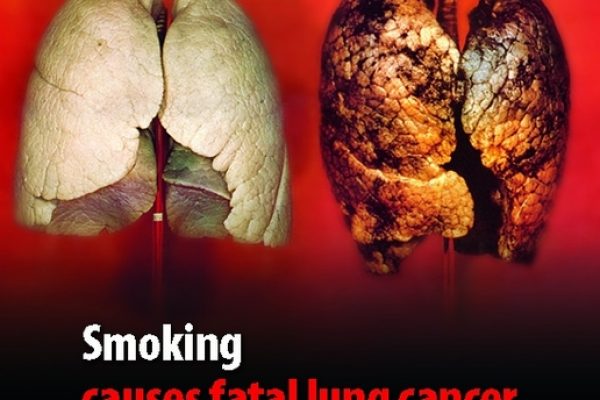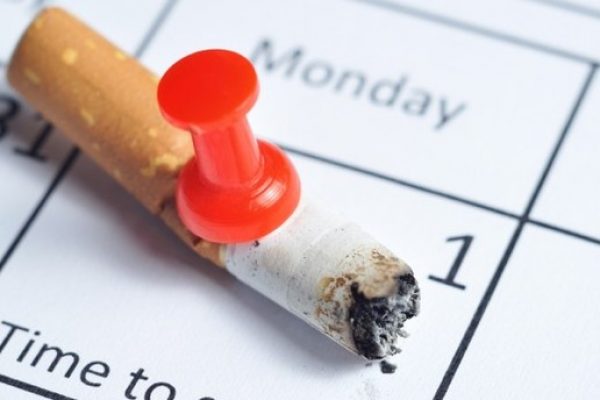The Truth About Diets

Soon after World War II there was a new diet fad coming out every few months or so. Each one swore to be the one miraculous finding of the decade. People would try these for a few days or months but eventually the weight would come back. (more…)
The Elderberry + Inflammation

A folk remedy for centuries it is now being researched and rediscovered. High in antioxidants this fruit has high medicinal value. Elderberries have a large amount of Vitamin C as well as amino acids, sugar, tannin rufin, vibumic acid, carotenoids, and Vitamins A and B. They are mildly laxative, diaphoretic and diuretic. The very powerful guercetin antioxidant is thought to account for the therapeutic qualities of the berry and that of the flower. There is also a flavonoid in this fruit called anthocyanins that protect cells against damage. (more…)
Love and the Power of Hugs: Worth More Than Relief Goods

As I write this today, there is a number that constantly floats on my head, 10,000. That's the projected number of people in Tacloban City and in Central Philippines that may have died at the onset of the strongest typhoon to ever hit landmass; Typhoon Haiyan which is locally known as Yolanda. (more…)
The Healing: Part Four

This is the last of a four part series speaking on the subject of the habit of smoking, the addiction, leaving the habit and the healing that comes afterwards. If you have missed any of them you can go to my profile and check them out.
You are probably feeling much better now, enjoying flavors again and (more…)
How Smoking Is Linked To Hypertension

Hypertension, also known as high blood pressure, (BP) is when the arteries have blood pressure which is in a continually elevated state. Every time the heart beats, it pushes blood through the whole body via the circulatory system., i.e. the veins and arteries. Blood pressure is the force of the blood pushed up against the (more…)
The Escape Plan: Part Three

This is the third of a series of four essays written to help the smoker in their attempt to stop. If you are interested in reading the others in the series you can go to my profile on Happy Breathing and check them out there. (more…)
Relapse: Working Through the Pain

"I'm worthless, pathetic and useless."
These are some words that any person going through an addiction relapse may think of during the entire ordeal. These are the emotions that I go through as I struggle through some personal issues. With a broken e-cigarette and prohibitive prices for replacements, I've had no recourse but to smoke real cigarettes again specially at the height of some things that I have to face. There's one thing that I realized throughout this personal experiment: I'm still addicted to nicotine. Yes, you heard that right. For me, e-cigarettes do not cure the addiction. It merely replaces it with a perceived cure. The effects on different individuals may vary.
There comes a time in one's life when you struggle and fight with so many things. Problems left, right, front, back, top, bottom, inside and outside beset us like hovering mosquitoes. During these high stress moments when you feel that the world is on your shoulders, it's easier to succumb to any weakness. Mine is smoking.
For me, smoking fills that void in time that lingers in the cusps of the whirlwind that is life. It's a moment for reflection as my body struggles with mental, emotional and psychological tension. Sometimes, I feel like there may be no way out of it. Sometimes, I feel that it is hopeless. But in it, I know that it is not. I cling to that belief like some sort of magical placebo that cures any psychosomatic illness. That is the power of belief. But I also know that belief and faith are always an ongoing struggle. They're a constant whirlpool of change, of victory and of defeat.
If you're reading this now and you're like me, know that you are not alone. You can do it. You need to do it. You need to quit smoking.
Life, though often hard and unforgiving, presents so many possibilities for joy and well being. There is literally a world of wonders to explore in good health. There are so many tiny precious moments that don't fit on a single blog post for you to experience. And they're all waiting for you to turn them into what is real. And they're all waiting to become a part of the unwritten chapter of your life.
Yesterday, we succumb to our weakness in our weakest moments. Today, we shall try again. And if we fail, we shall try yet again tomorrow. We lose seconds in every battle lost, but never lose hope that we can make the best moments of our lives in perfect health. Never lose hope that you can stop smoking.
Creative Commons Image via Flickr
The Addiction Part Two

This the second in a four part series about smoking, its effects, preparing to quit, what it entails. and the effect quitting will have on your body. I am so proud of your choice and accomplishment so for and hope that this and the next two parts of this series will be of help to you. If you missed the first part you can read it HERE.
The addiction to nicotine has some very stark truths. Such as smoking being the leading preventable reason for disability, disease and death in the U.S. Think about that for a moment.
Remember your first cigarette? Tasted nasty, you coughed and it probably burned your throat. Then, after a while, your throat became numb to it because the pain receptors had been killed off. The rush of nicotine became a good feeling and you wanted to repeat it. There was no choice, it was a necessity.
The average long term smoker smokes at least one pack of cigarettes each day. Anywhere from four to fifteen puffs are pulled from an average cigarette which delivers one milligram each of nicotine to the brain. With twenty cigarettes to a pack and four to fifteen puffs each that means 100 to 300 doses of nicotine per day. In e-cigarettes the amount is anywhere from 0mg to 48mg. A pack of normal cigarettes has about 24 mg of nicotine in it. And with people sucking on the e-cig they may be getting more nicotine in a puff than those smoking a normal tobacco cigarette.
Nicotine is made up of several chemicals that has a powerful effect on the human body. It reaches the brain in about 10 seconds and then a chemical(dopamine)is released which will give the smoker a feeling of pleasure.( "Crack" and heroin effects you in much the same way) It seeps into the skin, mucous membranes and the lungs making its way to the blood vessels and the rest of the body. The function of the brain and your body changes making you feel both invigorated and relaxed. It increases blood pressure by releasing adrenaline. Your heartbeat speeds up and breathing becomes shallow.
You may eat less because nicotine blocks insulin release. This curbs your appetite and increases your metabolic rate so you burn more calories than usual. This isn't good as you may think it would be because it can increase the "LDL" or bad cholesterol. It is hardening your arteries and this will cause a stroke or heart attack later on. It's a waiting game.
Your health can be compromised further because of nicotine addiction by one or more of the following: diabetes complications, erectile dysfunction, emphysema, and Buerger's disease which is an inflammation of arteries and veins of the feet and hands. This could lead to amputation.
Over the years the amount of nicotine put in some brands of cigarettes has increased until they contain up to thirty-five times more free base nicotine than other cigarettes. This type is absorbed quicker by the lungs and brains than the average cigarette. It has even been referred to as "crack nicotine" because of how quickly it reaches its destination much like heroin or cocaine.
Symptoms of withdrawal include restlessness, anxiety, irritability, difficulty concentrating, frustration or anger, depressed mood, increased appetite, cough, insomnia, and in some cases chest tightness and constipation or diarrhea. Some of these will begin within a few hours of your last cigarette and peaking two or three days later. This can continue for days up to several weeks.
The seductive allure of cigarette smoking is something you think you can do just a little of but because of triggers and addiction to nicotine it becomes more and more of a need. It calms you. Makes you feel better. But, like all addictions, that doesn't last. And every couple of hours your bodies wants more. You end up making this a lifestyle choice and it could kill you.
I hope you will read the next two parts to this series. Your votes and comments are very appreciated.
The Habit: Part One

This is a four part series to help the smoker who wishes to stop understand the different areas of their habit, the addiction, an escape plan and the healing that comes after.
Cigarette Smoking. For many this is something you have been doing since your formative years. This means its become a habit; so deeply ingrained in your subconscious that you do it without even thinking. It has probably been going on for 20-30 years for many of you. It is a part of who you are.
People start smoking for a myriad of reasons. Some start when there are very young and do so because their peers are doing it or out of curiousity. Others due to stress or depression. And even others to help them jump the bridge between other addictions such as drinking or recreational drugs. They get angry, hungry, stressed, and what do we do? Grab a cigarette. Instead of reacting to the emotion or what their body is telling them they stuff it all away and smoke instead. (more…)
Everyone’s Quitting On Monday!

When do most smokers think about quitting; New Year’s Day maybe, on their birthday perhaps? Actually, it’s neither of these. A recent study published in JAMA Internal Medical revealed that the most popular day for would-be quitters is: Monday.
Researchers studied Google data from 2008 until (more…)






